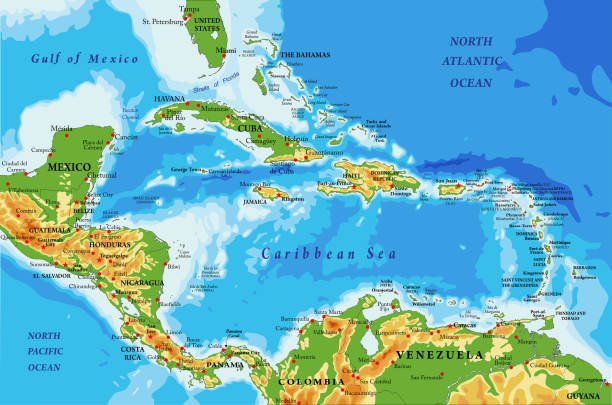Creating and managing a decentralized organization (DAO) in the Caribbean context offers several benefits and challenges. Let's explore them and how Carib DAO, a hypothetical decentralized organization, could address them:

Benefits:
Inclusivity and Accessibility: Decentralized organizations can include participants from diverse backgrounds, including those who may have been excluded from traditional systems. This is particularly important in the Caribbean, where there is a rich cultural and socioeconomic diversity.
Reduced Middlemen: DAOs can eliminate intermediaries, reducing costs and increasing efficiency. In the Caribbean, where certain financial services may be less accessible, this can be especially impactful.
Transparency and Trust: Blockchain technology, which underlies most DAOs, provides transparent and immutable record-keeping. This can be critical in regions where corruption or lack of trust in centralized institutions is a concern.
Global Collaboration: DAOs enable collaboration across borders without the need for extensive bureaucracy or legal frameworks. This can facilitate international partnerships, which can be particularly important for small island nations in the Caribbean.
Challenges:
Regulatory Uncertainty: Many Caribbean nations have not yet developed comprehensive regulations for blockchain and cryptocurrency. Navigating this uncertain legal landscape can be a significant challenge for a DAO.
Infrastructure and Connectivity: Some parts of the Caribbean may have limited access to reliable internet and technology infrastructure, which could impede participation in a DAO.
Education and Awareness: Building a decentralized community requires educating potential participants about blockchain technology, cryptocurrencies, and how DAOs function. This may be more challenging in regions where this knowledge is less prevalent.
Cultural and Socioeconomic Differences: The Caribbean is a culturally diverse region with varying levels of economic development. This can lead to different expectations, values, and approaches to participation in a DAO.
How Carib DAO Addresses These Challenges:

Community Education and Outreach: Carib DAO could focus on educational initiatives to raise awareness about blockchain technology and its potential benefits for the Caribbean. This could include workshops, webinars, and educational materials tailored to the local context.
Regulatory Advocacy: Carib DAO could work with local governments and regulatory bodies to help shape clear and supportive policies for blockchain and cryptocurrency. This might involve engaging in dialogue, providing expertise, and demonstrating the positive impact of decentralized technologies.
Infrastructure Development: Carib DAO could invest in initiatives to improve technology infrastructure and connectivity in underserved areas. This could involve partnerships with local governments, NGOs, and tech companies.
Cultural Sensitivity and Localization: Carib DAO could take into account the cultural diversity of the Caribbean, ensuring that its governance mechanisms and decision-making processes are inclusive and respectful of different perspectives.
Summary:
While creating and managing a decentralized organization in the Caribbean context presents unique challenges, there are also significant benefits, particularly in terms of inclusivity, transparency, and reduced reliance on intermediaries. Carib DAO could address these challenges through targeted educational efforts, regulatory engagement, infrastructure development, and cultural sensitivity.